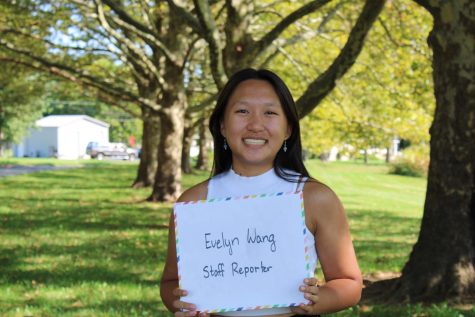Curriculum revision in Florida reflects larger trend in classrooms across the country

Florida governor makes efforts to change the state’s education system.
Florida Governor Ron DeSantis is waging an ongoing war against College Board as part of his efforts to reform Florida’s education system.
College Board began developing the new AP African American Studies course in 2020, and has started piloting it in schools across the country this school year. However, in a letter to College Board on January 12th, the Florida Department of Education declared that AP African American Studies course was “inexplicably contrary to Florida law and significantly lacks educational value.” DeSantis himself declared that “we want education, not indoctrination,” pointing out inclusion of critical race theory and black queer theory as examples of indoctrination and violations of the state’s recently passed Stop WOKE Act.
Several weeks later, College Board released an amended curriculum for the course, notably omitting the topics of black queer studies, intersectionality, the Black Lives Matter movement, and the writings of Kimberlé Crenshaw, Robin D.G. Kelley, and other notable African-American historians from the list. However, in a February 11 statement on College Board’s Newsroom, the company addressed the situation.
“We deeply regret not immediately denouncing the Florida Department of Education’s (FDOE) slander,” College Board said. Our failure to raise our voice betrayed black scholars everywhere and those who have long toiled to build this remarkable field.”
They followed up by affirming that the FDOE never offered them any requests or negotiations regarding the amendment of the course.
DeSantis hit back by suggesting in a February 14 press conference that Florida could do away with all AP courses, not just AP African American Studies. Such changes are nothing new. The FDOE has made sweeping reforms to the state’s education over the past several years, reshaping statewide curriculums, reevaluating textbooks, placing mandates on school libraries, and raising teacher pay. It banned the instruction of gender and sexual orientation in primary schools in June of 2022, and the teaching of certain demographics being oppressed or privileged based on their race in July of 2022.
Policies against “wokeness in education” are becoming a trend across the nation, with other states following DeSantis’s lead. Four more states – Arkansas, North Dakota, Mississippi and Virginia–intend to review the course and see if it conflicts with state policies. This is among the seventeen other states, as per Axios, that have passed laws restricting the teaching of race: from critical race theory to the idea that the U.S. is an inherently racist country.
In contrast, states such as New Jersey are moving in the other direction when it comes to classrooms. New Jersey governor Phil Murphy announced the expansion of AP African American studies, intending for it to be taught in 26 schools across the state in the 2023-2024 school year.
Murphy stated that “While the DeSantis Administration stated that AP African American Studies ‘significantly lacks educational value,’ New Jersey will stand on the side of teaching our full history.”
No matter the content, AP courses still offer undeniable benefits. Students can earn an appealing GPA weight, college credit, and useful skills.
“If you take an AP class, you’re obviously going to get a deeper amount of material, but also more critical thinking skills that go into it,” AP US History teacher Mr. Ruch said. “And then the other skills like the writing skills, and being able to use documents to support arguments, which I think transcends social studies.”
It is clear curriculum changes will continue to occur across the nation. While state governments tailor their educational programs to their take on the academic climate of the country, Southern Lehigh might see some developments as well.
“The other courses in the [social studies] department are really lacking in having a real common curriculum written down and approved,” social studies teacher Mr. Beaupre said. “That’s been a long challenge, so we’re trying to work through that but it’s a slow process.”

Senior Evelyn Wang is a second-year staff reporter for the Spotlight. She competes in Original Oratory on the school Speech and Debate team and participates...

